I wrote a feature for Nature last year about the controversial scientist behind ambitious claims that planting a trillion more trees could help us out of the climate crisis. It’s been shortlisted as best specialist feature in the 2020 Association of British Science Writers awards. Results to be announced in October. Meanwhile you can find more on the article here
I’ve won a fellowship from the European Geosciences Union
The EGU award will help me research mining for the tech metals that are powering our green revolution.
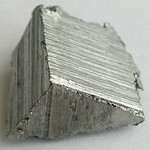
Metals like this will power our green energy — but where will we get them from?
A search engine that indexes every sizeable object on Earth. Is that a good idea?
Firms are racing to create a real-time database of every object on Earth larger than a car. It would help investors and conservationists, but could it be abused? My piece for New Scientist is about Planet, which plans to create an interface through which users can ask questions about the entire planet. They call it “queryable Earth”. Think of it like a search engine not for the internet, but for the surface of our world.
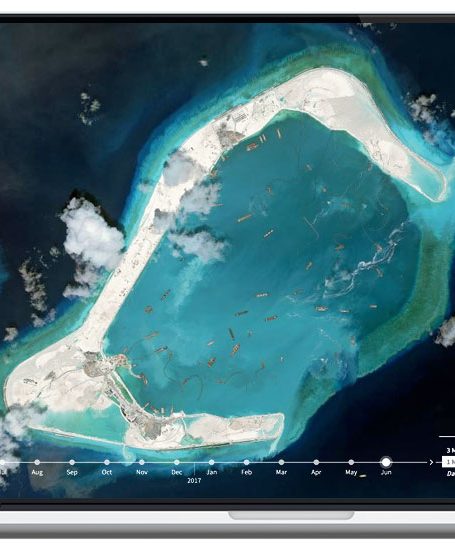
Spot illegal fishing, logging, human rights abuses; monitor commodity movements, troops, activism
The ecologist who wants to map everything
“Thomas Crowther bursts barefoot from his office into the corridor, sweating through his faded T-shirt and grinning with exhilaration. It’s a warm July day and he has just finished telling NBC News that Earth could sustain another 1.2 trillion trees, which would absorb 200 gigatonnes of carbon, and that the next thing to do is to “stop talking and start planting” His claim comes from the latest in a string of high-profile ecology papers that have drawn the attention of the world’s media — and Crowther is loving it. Publicity, he believes, will get him closer to his goal, and his goal is nothing less than restoring the planet… more here
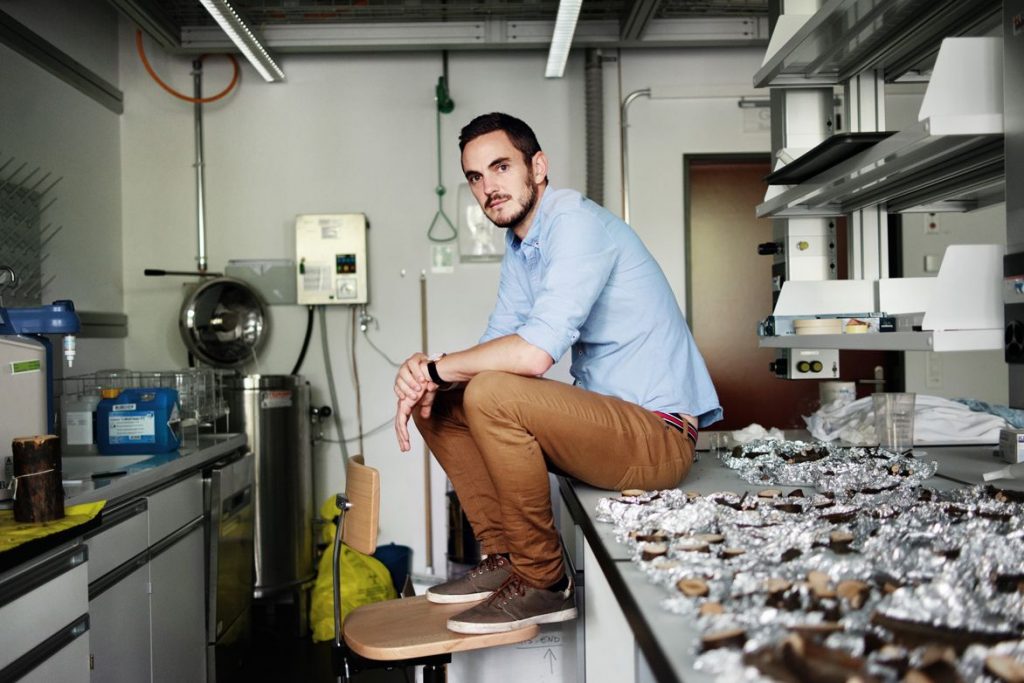
Crowther with some wood samples. Next door he is playing traffic noise to fungi
Tree sleuths are using DNA, machine learning and isotope wizardry to hunt down logging crime.
A slew of new technologies is making it easier to spot illegal wood imports. My piece for Nature begins with a technology that could tell that a batch of rosewood came from Madagascar and nowhere else …. “When 420 tonnes of deep crimson logs arrived at a Sri Lankan port in April 2014, customs officers cast a suspicious eye … more here
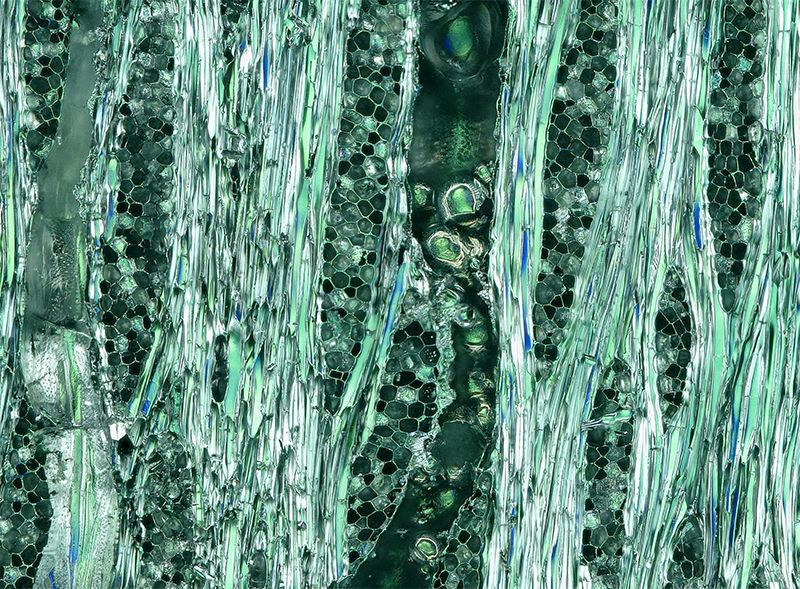
The exquisite array of vessels in wood is unique to each family
The Dark Side of Light: How Artificial Lighting is Harming the Natural World
It’s a summer night near a forest lake in Germany and something unnatural is going on. Beyond the dark waters lapping at the shores, a faint glow emanates from rings of light hovering above the surface. Nearby, bobbing red torchlights — the least-disruptive part of the visible spectrum — betray the presence of scientists on the shoreline. They are testing what happens when they rob the lake creatures of their night . Read more….
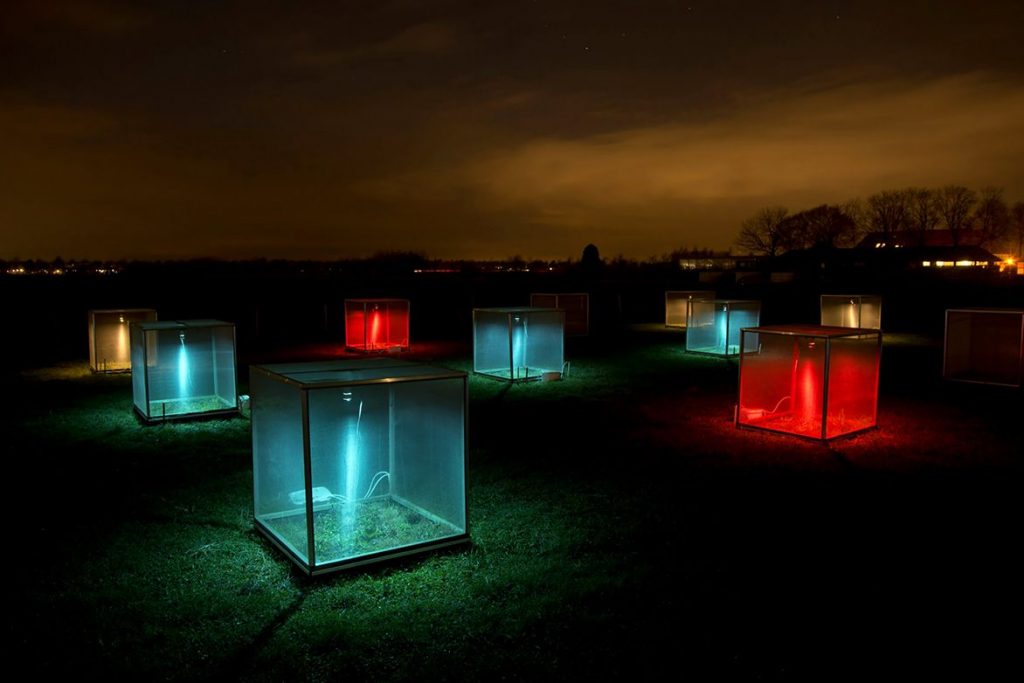
In mini-ecosystems in the Netherlands, researchers test the effects of artificial light. Credit: Kamiel Spoelstra/NIOO-KNAW
Watch here for more…
I’m gradually adding the best of my archives here. Yet to come: my travel book following the last journey of David Livingstone; my colour supplement piece on the orchid-eaters of East Africa; my guidebook to the Cape Verde Islands; my award-winning feature on the race to patent genes….
